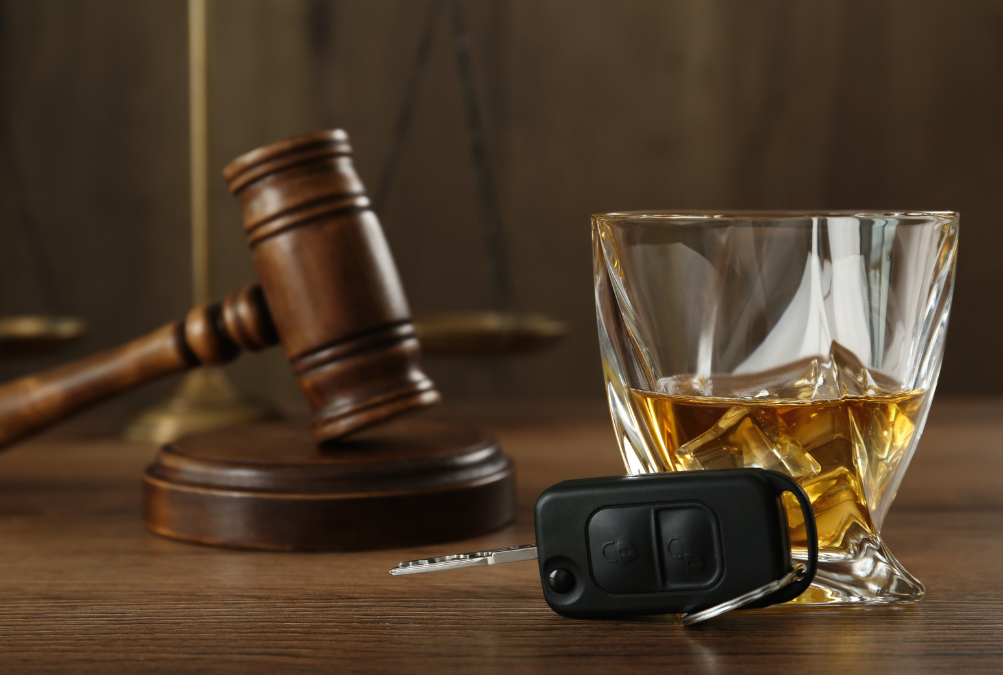What Is the Legal Alcohol Limit?

Understanding the legal alcohol limit is crucial for drivers, employers, and anyone engaging in activities that could be impacted by alcohol consumption. These limits vary by country, state, and even by the type of activity, such as operating a vehicle or participating in certain recreational activities. Here, we will break down the various legal alcohol limits and the implications of exceeding these limits.
Understanding Blood Alcohol Concentration (BAC)
- Blood Alcohol Concentration (BAC) measures the percentage of alcohol in your bloodstream.
- The legal alcohol limit in the United States is typically 0.08%, meaning 0.08 grams of alcohol per 100 milliliters of blood.
- BAC levels are used to determine whether a person is driving under the influence (DUI) or driving while intoxicated (DWI).
- Learn more about BAC and its effects at the National Highway Traffic Safety Administration (NHTSA).
Legal Alcohol Limits by Age and Occupation
- For drivers aged 21 and older, the legal limit is 0.08% in most states.
- For commercial drivers, the BAC limit is stricter at 0.04%.
- Zero-tolerance laws apply to underage drivers, with BAC limits ranging from 0.00% to 0.02%, depending on the state.
How BAC Levels Are Measured
- BAC can be measured using breath, blood, or urine tests, with breathalyzers being the most common method during traffic stops.
- Factors influencing BAC include body weight, alcohol tolerance, the amount consumed, and the time elapsed since drinking.
- For an overview of testing methods, visit the Centers for Disease Control and Prevention (CDC).
Consequences of Exceeding the Legal Alcohol Limit
- Exceeding the legal limit can result in charges like DUI or DWI, leading to fines, license suspension, and possible jail time.
- Repeat offenders face harsher penalties, including longer suspensions, higher fines, and mandatory installation of ignition interlock devices.
- For information on DUI penalties, refer to the National Institute on Alcohol Abuse and Alcoholism (NIAAA).
Zero-Tolerance Laws for Underage Drivers
- Zero-tolerance laws make it illegal for drivers under 21 to operate a vehicle with any detectable amount of alcohol in their system.
- These laws aim to discourage underage drinking and driving, with penalties including fines, license suspension, and mandatory alcohol education programs.
How Alcohol Impairs Driving Ability
- Alcohol affects motor skills, reaction time, and decision-making, increasing the likelihood of accidents.
- At a BAC of 0.08%, drivers experience reduced coordination, impaired judgment, and slower reaction times.
- Higher BAC levels amplify these impairments, making driving exceedingly dangerous.
State Variations in Legal Alcohol Limits
- While the standard BAC limit is 0.08%, some states have stricter limits or enhanced penalties for BAC levels above 0.15%.
- It’s essential to familiarize yourself with your state’s specific DUI laws to avoid legal complications.
Impact of Alcohol-Related Accidents
- Alcohol-related accidents account for nearly 30% of all traffic fatalities in the United States.
- The societal and economic costs of these accidents are significant, underscoring the importance of adhering to legal limits.
- For statistics on alcohol-related crashes, visit the Insurance Institute for Highway Safety (IIHS).
Defenses Against DUI Charges
- Challenging the accuracy of BAC tests or proving procedural errors during the arrest can be viable defenses.
- Medical conditions, improper calibration of breathalyzers, or discrepancies in test administration may also be argued.
- Skilled legal representation is essential for mounting an effective defense.
Ignition Interlock Devices and DUI Prevention
- Many states require DUI offenders to install ignition interlock devices in their vehicles, preventing the car from starting if alcohol is detected.
- These devices serve as a deterrent and help reduce repeat offenses.
How to Avoid Exceeding the Legal Alcohol Limit
- Plan for a designated driver or use rideshare services if you intend to drink.
- Be mindful of standard drink sizes and pace yourself to allow your body time to metabolize alcohol.
- Investing in a personal breathalyzer can help ensure you stay within legal limits.
Why Legal Guidance Is Critical for DUI Cases
- A DUI conviction can have lasting consequences, including criminal records, increased insurance rates, and employment challenges.
- Legal professionals can help navigate the complexities of DUI cases, challenge evidence, and negotiate for reduced penalties.
For more information or legal assistance with DUI-related matters, contact The Lawyers Corner. Our experienced team is here to provide guidance, protect your rights, and help you navigate the legal system.

Related Items:





